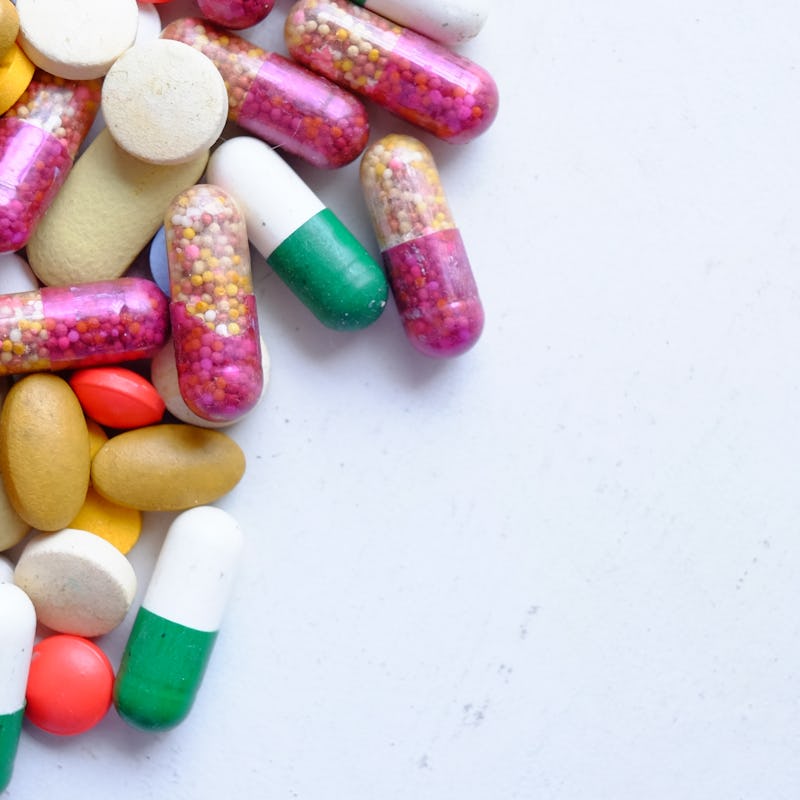Three supplements that boost the brain more than others
Research provides a roadmap through the wild, wild West of the supplement industry.

Fifty-two percent of Americans report using supplements each year, a 2016 study found. But the United States' supplement industry is unregulated by the Food and Drug Association, creating a wild, wild West flooded with false claims and phony science.
Getty Images
RunPhoto/ Getty Images
Over the past decade, researchers have conducted hundreds of randomized control trials to determine which supplements benefit mental health and which do nothing at all.
So far, there is no magic bullet for mental health, but the evidence does suggest which supplements are likely to help, and which ones you can skip.
Jacky Parker Photography/Moment/Getty Images
Folate/ Folic acid/ Vitamin B9
Where is it found? Folate is abundant in food sources like leafy greens, fresh fruit, grains, legumes, and eggs. It is recommended during pregnancy to prevent birth defects. Most people get enough folate from food sources, but too little folate has been linked to mental health conditions like depression and schizophrenia.
Shutterstock
Folate: Hype or science?
Folate plays a role in cell growth and division, the methylation process, and DNA synthesis. There is evidence that folate may improve Alzheimer’s disease, prevent some types of cancer, protect against cardiovascular disease, and prevent birth defects.
Research suggests adding a folate supplement to their routine helped aging adults stay sharp and improves their cognitive function. Other studies suggest folate relieves depression symptoms, especially if other depression treatment like SSRIs or lithium are ineffective or poorly tolerated.
Currently, the FDA has approved one form of folate, l-methylfolate (Deplin), to help treat depression. It’s not prescribed as a stand-alone treatment, but as an add-on to help antidepressants work more effectively.
mikroman6/Moment/Getty Images
Hype or science?
Omega-3s are linked to reduced inflammation, lower cholesterol, and improved learning and memory.
The most comprehensive research review to date shows omega-3s had the strongest positive effect on mental health, reducing symptoms of depression beyond the effects of antidepressants alone. They trumped all other supplements analyzed in the study from amino acids to vitamin D.
ViewStock/View Stock/Getty Images
Hype or science?
Probiotics are linked to improved digestion, immune function, and gastrointestinal disease relief.
Emerging research highlights the gut-brain axis, suggesting probiotics might also have a powerful effect on the mind. Some scientists even call the gut microbiome, the “second brain.”
Shutterstock
When the gut microbiome in thrown out of whack — whether by antibiotics or stress — it can lead to unfortunate gastrointestinal symptoms and may threaten mental health. The evidence for probiotics alleviating depression and anxiety is “promising,” researchers say, but more studies are needed to confirm the positive results.